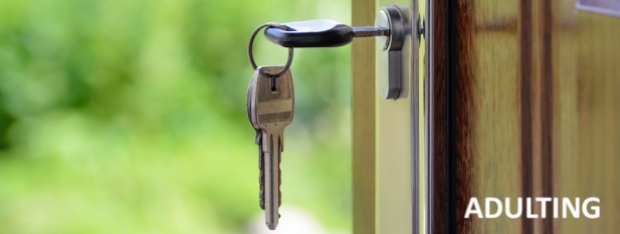
Energy storage have been in existence for a really long time even before the rise of solar panels, wind power and electric vehicles. In fact, batteries has been a very core enabling technology for us to go wireless, to have sensors in places which are inaccessible, and to have any operable portable gadget at all. Batteries have transformed the concept of portability and its advancement have allowed for that. In most cases, the needs in the development of other products is what drives the development of batteries rather than the other way around.
And because of that, the economics of batteries and battery technology tend to always lag behind actual products and services. That means that if you have a product, such as EV that really needs good batteries to work well and serve the right customers, then the customers you serve must be willing to take on the price point with the costs derived from battery costs. And in order to improve your product, you have to dive into battery technology. EV is the best example of how the vehicle companies have to team up with battery manufacturers or get involved in improving the batteries themselves so they weigh less, can be more compact, delivers more power and can be charged quickly. One could say that most of the capabilities, convenience of the electric car comes through the improvements in battery technologies.
That has some spill-over effects: people are eyeing grid-scale batteries as another means to improve grid performance and provide some kind of insurance against the intermittency that solar and wind have in the system. The problem with this market however, is that there is no clear market. Projects in Australia has demonstrated that it is necessary for multiple revenue streams and yet if from day one, batteries are relying on electricity markets, or ancillary services markets to recover their revenues, it probably won’t work.
For one, most grids which can even afford to have grid-connected batteries would already be stable enough, with sufficient competition in the markets to provide those services that a battery can provide. Grid connected batteries are multi-purpose assets which find competition in all the different services it can provide.
If you really consider the economics of batteries once again; it has to be a derived demand. There are some other products or services that must really be able to fetch that price point. Traditionally for batteries, it is paid for by the portability it brings about, then for EVs, it comes from the desire for clean mobility. For the grid, is there some equivalent draw that can compensate for the cost of batteries? Better to require it of variable renewable energy owners contributing to the intermittency to bear the cost, or to simply put the responsibility on grid operators (who can be free to lease the storage capacity from third parties). Without clear assignment of responsibilities, you mute the demand for batteries.








